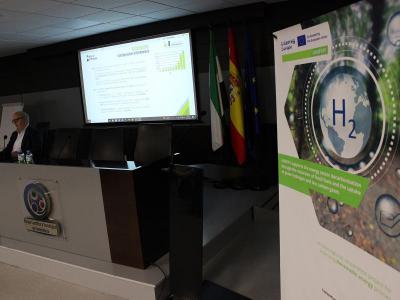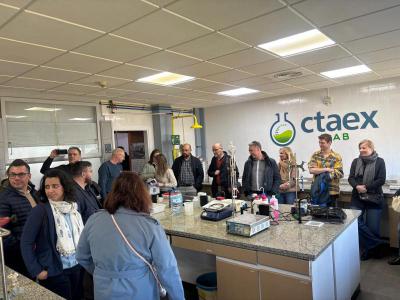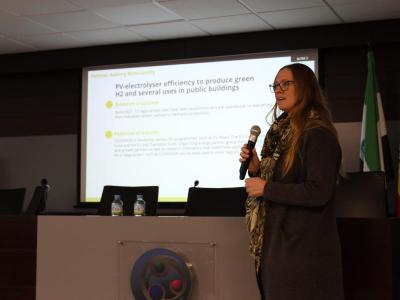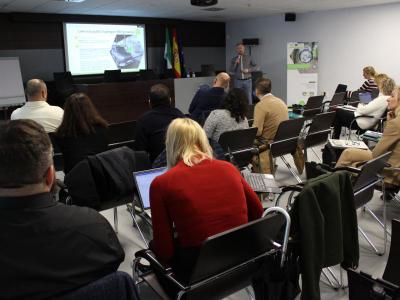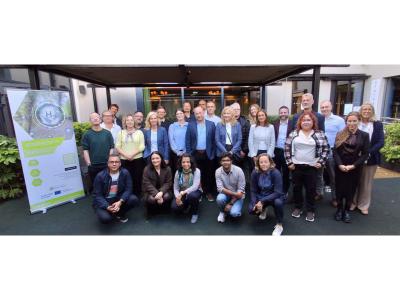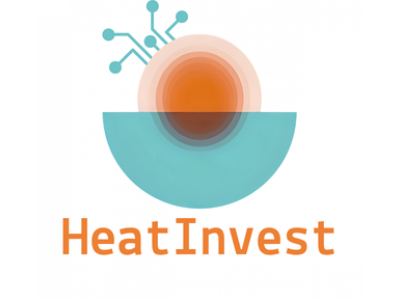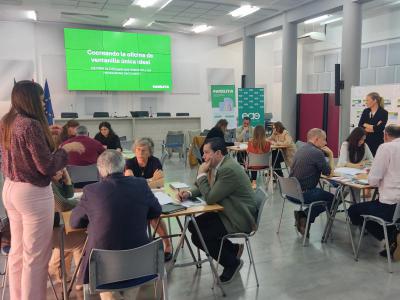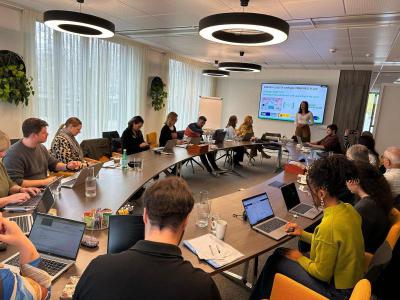Extremadura shows Europe its potential in the development of green hydrogen and biofuels
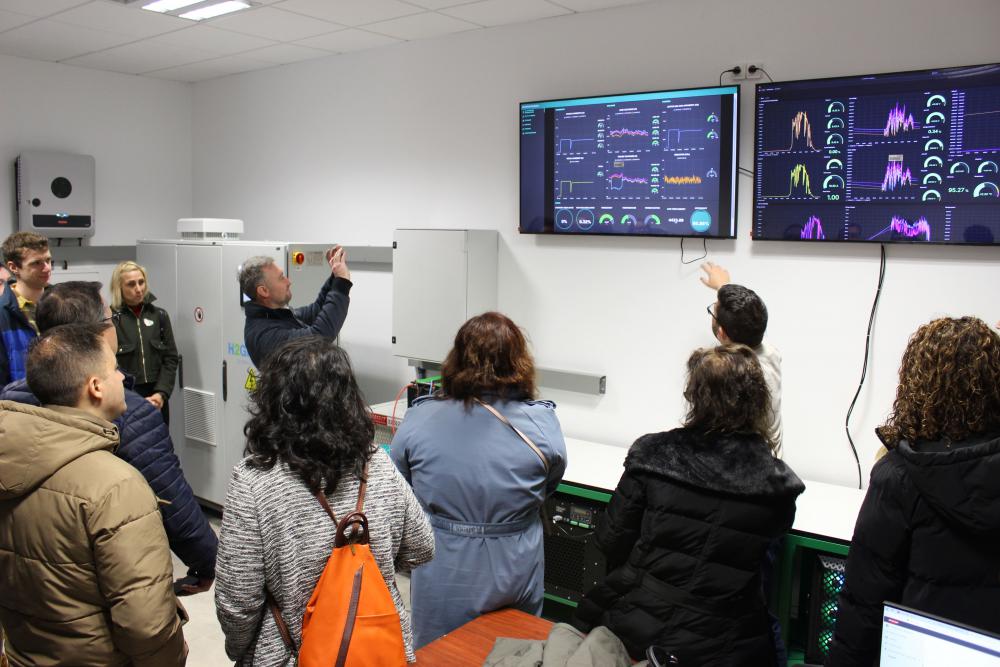
Badajoz became this week a meeting point for discussions on renewable hydrogen energy innovation and biogases. Representatives from energy agencies, companies, and public administrations from Sweden, Ireland, the Czech Republic, Denmark, and Poland visited the city to attend the first in-person meeting within the framework of the UNIFHY project, an initiative led by the Extremadura Energy Agency (AGENEX).
This event not only allowed project partners to advance their objectives but also provided an opportunity to showcase the potential of Extremadura in the development of sustainable energy alternatives. The event was attended by the Director General of Industry, Energy, and Mines of the Government of Extremadura, Raquel Pastor, as well as several Extremaduran entities, which presented the progress the region is making in the fields of green hydrogen and biofuels.
First Day
The opening session began with institutional welcomes to the attendees and several talks to present the current regional context. Francisco Cuadros, CEO of Metanogenia, a spin-off from the University of Extremadura (UEx), discussed the technological transfer of biogases from the university to the strategic projects they are currently developing. José Antonio Villajos, researcher at the Iberian Center for Energy Storage Research (CIIAE), presented the strategy and projects of this entity, highlighting those related to green hydrogen. Gema Alejandra González, CEO of Golendus, shared the technology under development to promote green hydrogen in transportation, including the railway sector.
Later, participants visited the School of Industrial Engineering at UEx, where Manuel Calderón, researcher and project coordinator, presented the university's ongoing projects on hydrogen and biofuels generation and uses. Attendees also had the opportunity to tour the facilities used for these investigations.
After this first visit, each European partner involved in the project presented the best practices being implemented in their regions. From Extremadura, José Manuel López, representative of Invest in Extremadura, introduced a pioneering tool at the national level to facilitate the attraction of foreign investments, focusing on those with pioneering renewable energy projects. This is a public land bank that allows the identification of available land and other key resources for decision-making in the implementation of energy production models. Among the success stories shared was the German company Turn2x, which produces green natural gas at its facilities in Miajadas.
Second Day
The meeting continued on Thursday with technical visits to two other Extremaduran organizations. The first visit was to the Golendus facilities in Lobón, led by its Operations Manager, José Luis Cabrera. The visit focused on their model of transforming traditional combustion engines to enable the use of green hydrogen as a decarbonization strategy in vehicles.
Later, the consortium visited the National Technological Center for Agri-Food of Extremadura (CTAEX), where Rubén Sánchez and María del Carmen Carrillo, responsible for Processes and R&D+I Sustainability Projects, respectively, shared their current strategies and research, including the generation of biogas from agri-food waste.
This first in-person meeting of the UNIFHY project, organized by AGENEX, was an excellent opportunity to strengthen collaboration ties between partners, who gained valuable insights and experiences that can be replicated in their regions.
UNIFHY Project
UNIFHY - Unifying policies to support the uptake of green hydrogen to decarbonize Europe is a project co-financed by the EU through the Interreg Europe program. With a total budget of nearly 1.4 million euros, it involves energy agencies from Extremadura (AGENEX), southern Sweden (EASS), and southeastern Ireland (SEEA), as well as the regions of Lubelskie (Poland) and Moravia-Silesia (Czech Republic) and the municipality of Aalborg (Denmark).
The project was created in response to the need for sustainable energy alternatives, such as biogas and green hydrogen, to reduce emissions, strengthen energy security, manage waste efficiently, and generate employment in rural areas. It primarily focuses on actions for implementing these solutions in sectors that face challenges in electrification, such as heavy transport and the industrial sector.
 ES
ES EN
EN

